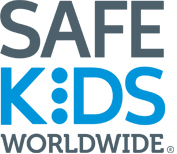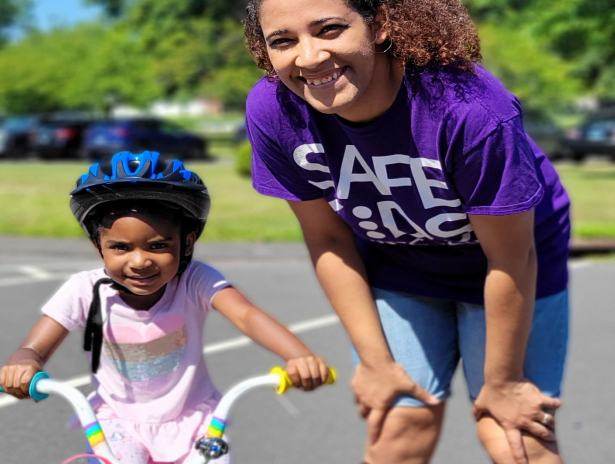
Q&A: Recalls
October 4, 2024
What does a recall mean, exactly?
The U.S. Food and Drug Administration (FDA) describes a recall as being a method of removing or correcting products that violate laws administered by the FDA. For example, if the item is found to cause a risk to health. “Risk to health” is defined as:
- A reasonable probability that use of, or exposure to the product will cause serious adverse health consequences or death; or
- That use of, or exposure to the product may cause temporary or medically reversible adverse health consequences or an outcome where the probability of serious adverse health consequences is remote.
How can you find out if an item has been recalled?
The Consumer Product Safety Commission has jurisdiction over thousands of consumer products including coffee makers, toys and even lawnmowers. Some products, however, are covered by other federal agencies. For example, the Department of Transportation has jurisdiction over cars trucks and motorcycles. The FDA has jurisdiction over food, drugs and cosmetics. Alcohol, tobacco and firearms are within the jurisdiction of the Department of the Treasury. If you’re ever unsure about who handles your product, visit the Consumer Product Safety Commission website. They have a cheat sheet of which products are covered by which agency.
For child-related product recalls, you can receive recall notification emails through Safe Kids Worldwide. Simply sign up on their website. Safe Kids Worldwide is a comprehensive resource providing a list of monthly recalls collected from the major federal agencies including the Consumer Product Safety Commission, the Food and Drug Administration and the National Highway Traffic Safety Administration.
Other sites to visit:
SaferProducts.gov: This website, produced by the Consumer Product Safety Commission, is where the public can file and read complaints about thousands of types of consumer products.
FoodSafetyNews.com: Put out by Marler Clark, a food safety law firm, this has current information about food recalls.
Recalls.gov: Another federal government website with numerous federal agencies offering information on recalls about just about everything, including food, motor vehicles, cosmetics and medicine.
Did You Know?
Amazon now offers a recall page tailored to things you have purchased!
When returning a recalled product, what can people do to make the process easier?
Although every recall is different, you shouldn’t need a receipt to return a recalled item. Depending on the specifics of the recall, the manufacturer may require you to show proof of ownership, which may include a photo or a receipt. Registering an item, such as a car seat, allows the manufacturer to be able to contact you directly in case of a recall. You will be notified of any issues and what you need to do.
What do you recommend if someone has an item that seems fine but has been recalled?
Read up on why there has been a recall. If you learn that something you own has been recalled, you shouldn’t shrug and decide it isn’t a big deal because the product seems fine to you. The reason may not be visible, but still dangerous.
If I buy baby items at a yard sale, is it a good idea to check them for recalls?
YES! Remember that safety recalls don’t expire, so check product recall pages regularly, especially if you receive hand-me-downs or buy children’s products at a secondhand shop or yard sale.
How to return a recalled item?
Most product recalls will include instructions on what the consumer should do. Typically, you’ll be asked to return the product to the store where you purchased it, and in most cases, you’ll be offered a refund at the store. However, depending on what type of product it is, the instructions and remedies will vary. If you can’t take the merchandise back for a refund or you are simply unwilling, you can toss it. Bottom line: don’t use it.
How can you report items if your child is having an adverse effect or hurting themselves using it?
To report an unsafe consumer product to CPSC online, visit SaferProducts.gov, or call CPSC’s toll-free Hotline at (800) 638-2772, or (301) 595-7054 for the hearing and speech impaired.



